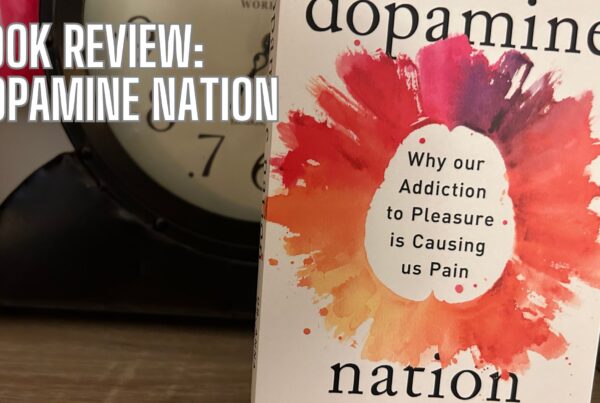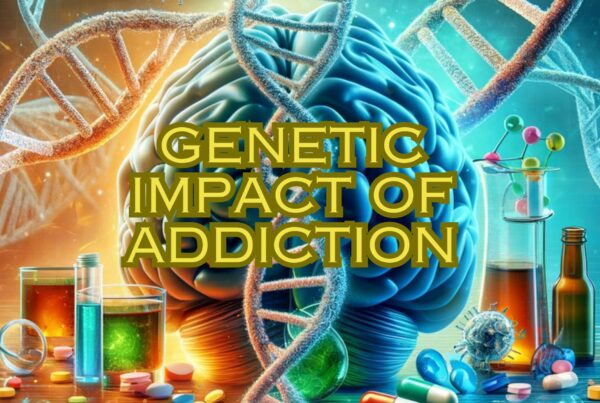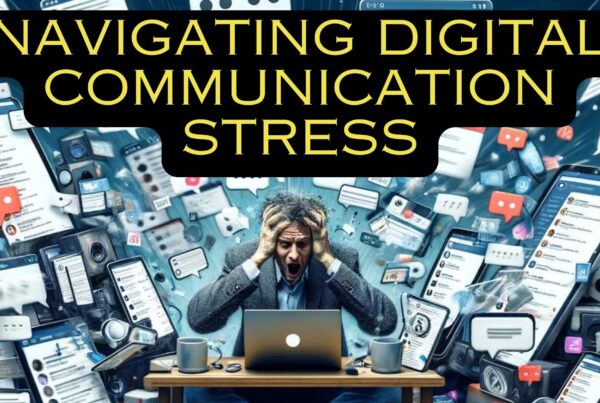Debunking the Addictive Personality Myth: A Closer Look at Addiction
The Common Misconception: The Addictive Personality
"Life is a series of addictions and without them we die." This thought-provoking statement by Isaac Marks in 1990 sparked a debate on whether activities like gambling, work, or even love can be genuinely termed as addictions. In our daily lives, we often use the term "addicted" casually. We might claim to be "addicted" to coffee or describe a book as an "addictive read." Others may say that they simply have an "addictive personality". But does this casual usage dilute the clinical significance of the term?
Addiction: More Than Just a Habit
When we think of addiction, substances like alcohol or drugs might come to mind. However, behaviors can also be addictive. The distinction between a healthy enthusiasm and an addiction is crucial. A healthy enthusiasm enriches life, while an addiction detracts from it. For a behavior to be termed an addiction, it should encompass key components: an overriding preoccupation with the behavior, conflict with other activities, withdrawal symptoms, an increase in the behavior over time, and using the behavior to alter mood.
The Science Behind Addiction
Recent studies have shown that almost half of the US population might be addicted to one or more behaviors at any given time. This might sound alarming, but it's essential to understand the nuances. Having one addiction can increase the likelihood of having another. For instance, someone might be addicted to both alcohol and gambling. When someone gives up one addiction, they might replace it with another, leading to the idea of an "addictive personality."
The Myth of the Addictive Personality
While certain personality traits might predispose individuals to addictive behaviors, the concept of an "addictive personality" is a myth. Factors like high neuroticism or low conscientiousness might be present in many with addictions, but they aren't predictive of addiction. There are many highly neurotic individuals who aren't addicted to anything. In essence, no specific personality trait predicts addiction exclusively.
Understanding the Real Causes
Addiction is complex and multifaceted. While personality traits can play a role, genetic, environmental, and personal experiences also contribute. Many with addictions might recall early life traumas or experiences that shaped their perceptions and behaviors. Labeling someone with an "addictive personality" oversimplifies the issue and might even perpetuate stigmas.
The Importance of Accurate Terminology
Using terms like "addiction" or "addictive" casually in everyday language can diminish their clinical significance. It's crucial to differentiate between habits and genuine addictions. While habits might be significant in someone's life, they don't necessarily cause problems. On the other hand, genuine addictions have significant psychological or physiological effects on an individual's daily life.
Understanding the complexities of addiction and debunking myths like the "addictive personality" is crucial for providing appropriate support and treatment to those in need.
This article was inspired by an article originally published on The Conversation. Read the original article.
Release Hypnosis Melbourne Hypnotherapy
Since 2016, Lawrence Akers has been working under the name Release Hypnosis offering Hypnotherapy and ACT based work to the people of Melbourne or an online service. Based on St Kilda Rd, Release Hypnosis is an easy and convenient location to get to and accessible by the ANZAC station train and tram stop. Release Hypnosis can help with a wide range of presenting issues, and I offer a free 30 minute no obligation discovery call for those who are unsure if hypnotherapy is the right way forward for them.
Book Your FREE 30 Minute Consultation With Release Hypnosis NOW!
You may also like to read:
Everything You Think You Know About Addiction Is Wrong
Breaking Addiction Through Counselling and Hypnosis
Book Review: Healing The Shame That Binds You
The Truth About Hypnotherapy and Quitting Smoking








